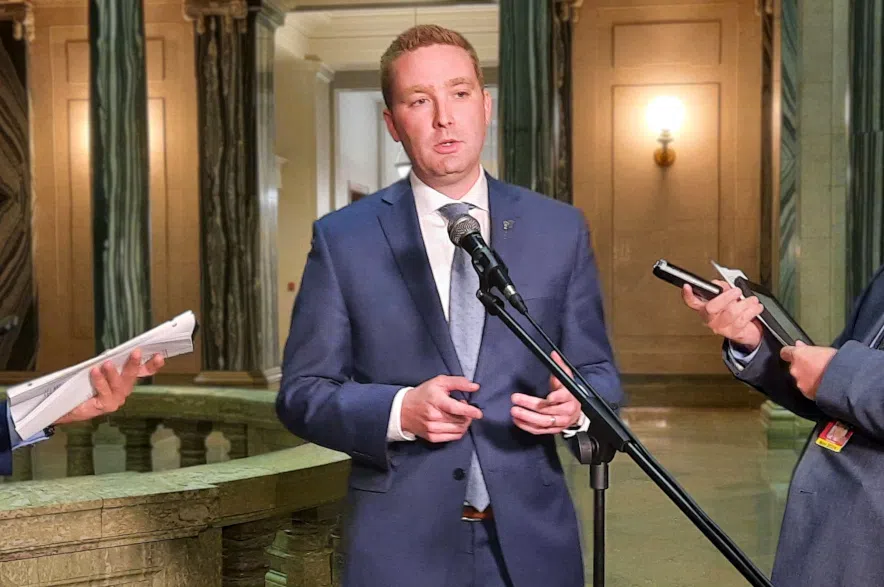That there are too many managers and not enough front-line staff in health care in Saskatchewan isn’t an uncommon complaint, even Health Minister Jeremy Cockrill said Tuesday he’s often heard it.
Cockrill was on the Evan Bray Show talking about various health issues in the province on Feb. 25.
When asked about bureaucracy within health care, Cockrill said it’s too early for him to say with certainty whether there is or isn’t too much.
“I’m taking a very close look at that, directly with Andrew Will, our CEO at the Saskatchewan Health Authority, on how the SHA is structured, on how the SHA delivers its services across the province. Because, at the end of the day, I want more of our resources to go directly to patient-facing activities in the province,” said Cockrill.
LISTEN HERE:
The minister said, as much of the investment this province puts into health care as possible, should go to where the patient is.
Another common concern in Saskatchewan’s health-care system is a lack of health-care workers of all kinds.
Bray asked Cockrill about the province’s recruitment efforts and Cockrill admitted there have been challenges.
He said the government and health authority are addressing disruptions when they come up, but Cockrill also said there’s great work being done in health-care recruitment.
He said the recruitment group is focusing on how to engage domestically and internationally to attract more doctors.
Cockrill also said there’s more work to do in recruitment, and some adjustments are expected soon when it comes to incentives to help with recruitment.
Read More:
- How to save your house before it’s too late during spring melt
- Saskatchewan government taking new steps to curb fentanyl, meth
- UPDATE: Two U of R Rams among five arrested in $1.5M drug bust
Saskatchewan’s budget for 2025-2026 is expected in mid-March.
Before the fall provincial election, previous health minister Everett Hindley announced the government wanted to put together a nursing task force — something worker unions had been calling for for years to help deal with the shortage of nurses and other health-care workers.
When asked how that was coming along, Cockrill said Tuesday he hadn’t had an opportunity to speak with all four of the provider unions yet, but they’re working collaboratively. Cockrill also said his government was still focused on a “patient-focused task force”.
The minister did mention he’d have more to say on a task force in the next couple of weeks.
Alberta recently announced it would build two new addictions treatment centres for its involuntary treatment for people dealing with addictions.
Cockrill said his government hasn’t formally considered involuntary treatment, but it’s something that will be considered in the months ahead.
“With Alberta making the step into this space, it is something that we are going to take a hard look at,” said Cockrill.
He said the complex needs shelters in Regina and Saskatoon have had good results, but involuntary treatment would be a step beyond that.







